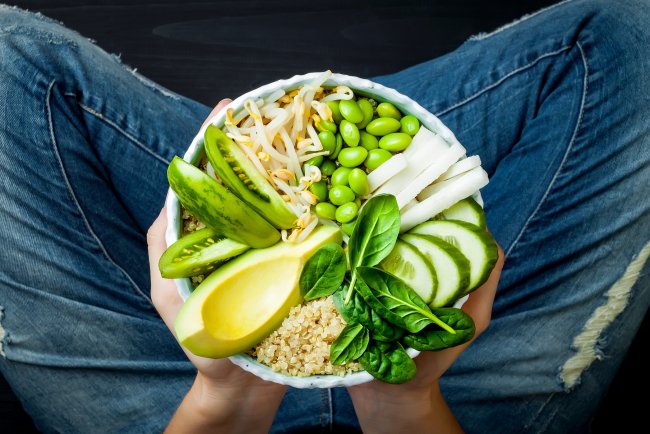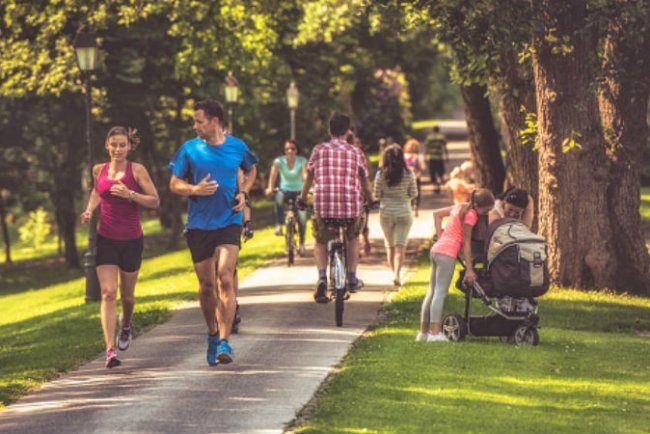Have We Lost Faith in Medical Professionals? How Politics, Fear, and Misinformation Are Undermining Public Health
We always rely on professionals. You contact a plumber when your sink starts to leak. You take your computer to a technician when it freezes. Unless you are a skilled mechanic, you would not consider repairing your brakes yourself if they started to grind. We recognize the importance of knowledge in almost every aspect of life.

However, faith in medical professionals has been steadily and dangerously declining when it comes to our bodies, which are perhaps the most complicated "system" on which we rely. What then changed? Why do so many individuals now avoid doctors in favor of self-proclaimed wellness influencers, podcasts, and online forums?
Let us examine how we got here and why it is more important than ever to safeguard and restore confidence in individuals whose work truly involves saving lives.
Would You Contest a Mechanic's Claim That Your Brakes Were Failing?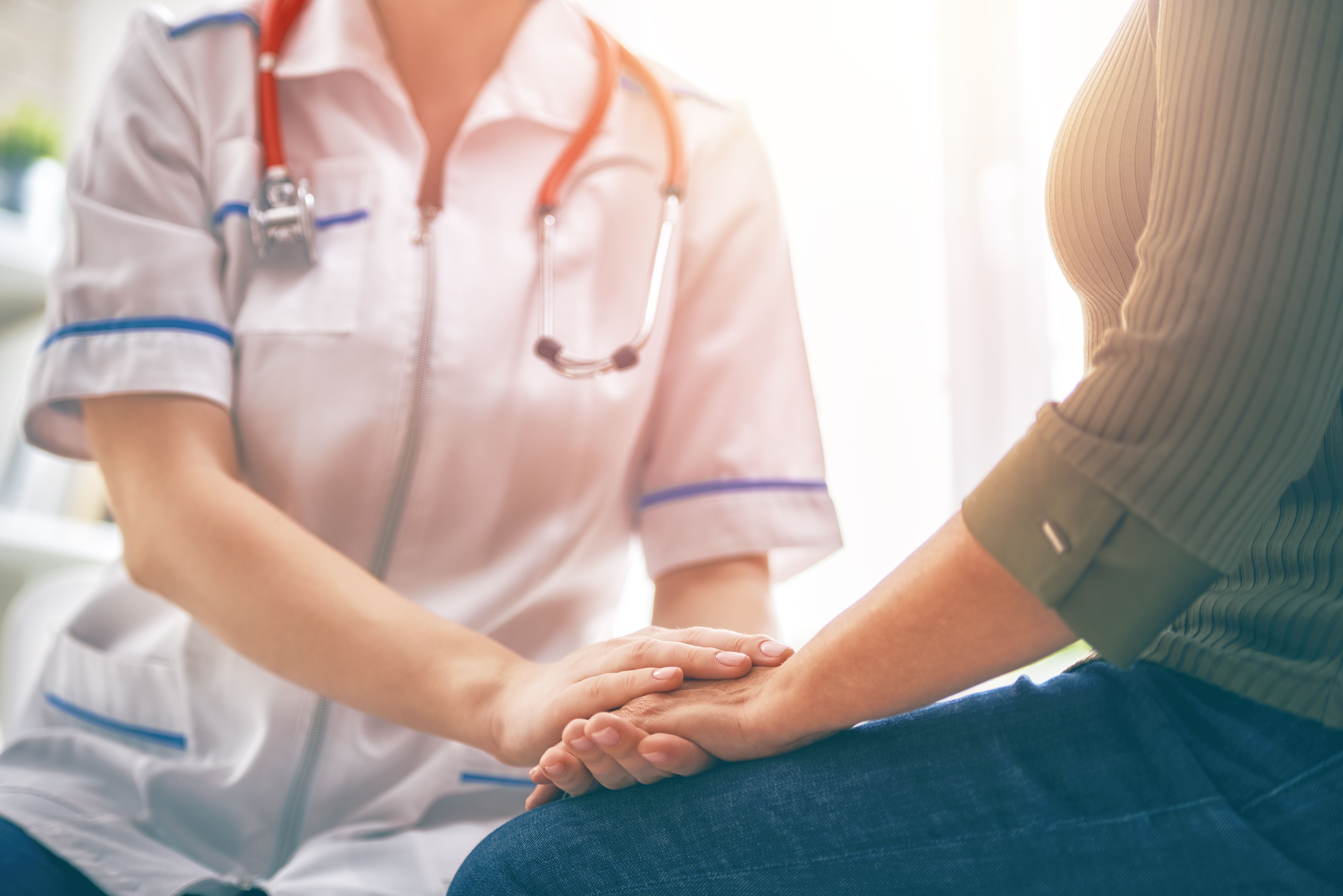
Let us say your brakes are shot, according to your mechanic. They provide you a clear suggestion after outlining the danger and guiding you through your options. It is just smart to have a second viewpoint, of course. But eventually, you would have to believe that someone with car safety training is more knowledgeable than you are.
You would not look up a do-it-yourself remedy on YouTube that uses vegetable oil and duct tape.
Why This Change? Politics, Profit, and Fear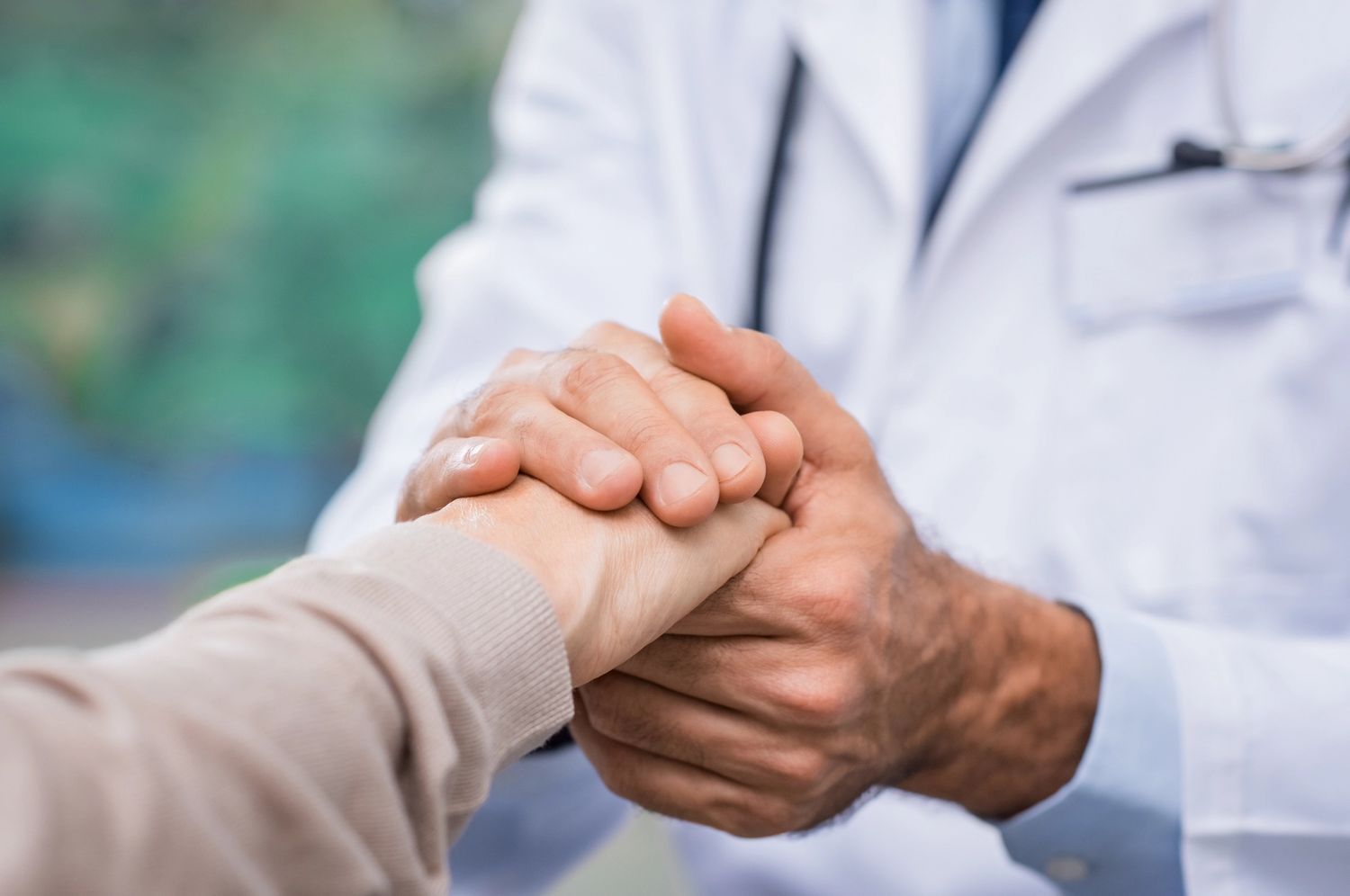
This pervasive mistrust of medical authorities has been driven by several factors:
Politics: Almost immediately, COVID-19 was turned into a weapon. Trust in institutions started to rapidly divide along party lines as public health choices were perceived as politicized activities. Compared to Republicans, Democrats were far more likely to trust the CDC as of 2021.
Social media: False information spreads more quickly than accurate information. The exciting, not the scientifically correct, is rewarded by algorithms. Additionally, a significant amount of anti-vaccine misinformation was spread by a few well-known accounts.
Pseudo-experts: Not every doctor is made equal. Confusion and muddied waters resulted from radiologists, chiropractors, and dentists publicly expressing opinions on pandemic science that was outside of their areas of expertise.
Profit and influence: By fostering mistrust, certain persons were able to gain notoriety, following, and financial gain. Disinformation about health turned into a business strategy.
Changing Guidance Is not a Myth—Science Is at Work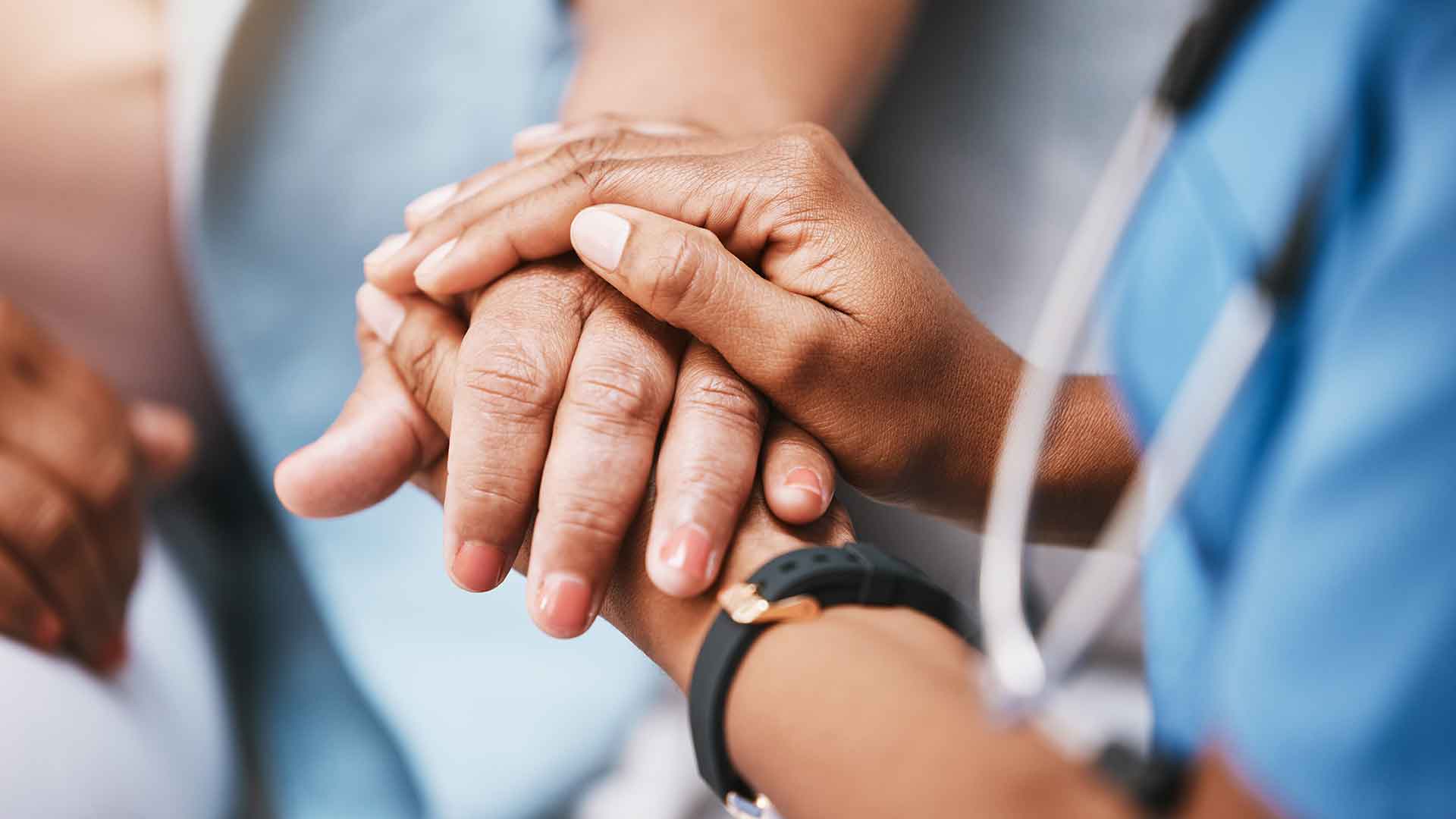
The fact that public health recommendations have evolved over time is a major source of frustration. Initially discouraged, masks were later highly advised. Timelines for boosters changed. Some people found that to be incongruous or even suspicious.
In actuality, however, shifting suggestions are a strength of research rather than a weakness. Our knowledge changes as new information is gathered. That is the way medicine functions. Science self-corrects in this way. If your doctor offered you the same advice in 1980, would you want them to provide it to you today?
"I am Researching on My Own" - Are You?
The statement, "I am simply doing my own research," is probably familiar to you. What does that actually mean, though?
Most of us lack the necessary training for the years of study, exacting procedures, peer review, and critical thinking required for true medical research. Information grazing, such as reading a few blogs or viewing a few videos, is not research. Additionally, we frequently cherry-pick data to confirm our preconceived notions.
It is good to ask inquiries. It is crucial to think critically. But skepticism and hubris are not the same thing. Just as WebMD does not make us surgeons, the internet does not make us immunologists.
What Should We Do Now?
What we can accomplish is as follows:
Have polite conversations. Listen first if someone you care about is hesitant. Empathy can sometimes influence people's minds, but shame rarely does.
Gather data from reliable sources. Professionals that have centered their careers on patient care and actual science, not simply those who say what you want to hear.
Recognize the stakes. Not only is misinformation annoying, but it may also be harmful. People have lost their lives as a result of believing the incorrect "expert."
Allow professionals to develop. When recommendations alter, research is doing its job. Being flexible is a strength, not a problem.
Conclusion: Expertise and Trust Are Earned
Asking inquiries is a good thing. Getting second viewpoints is a good idea. However, it is equally critical to acknowledge the importance of expertise. To survive a pandemic, none of us need to become virologists; we simply need to know who to trust.
The next time your doctor gives you advice, especially if it is inconvenient, consider this: would I trust someone who knows more than me if it were my car, my house, or my child's school?
What's Your Reaction?








